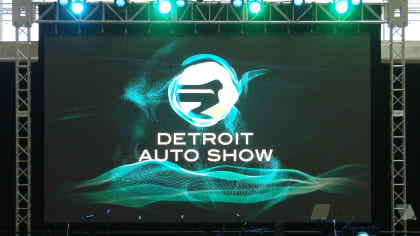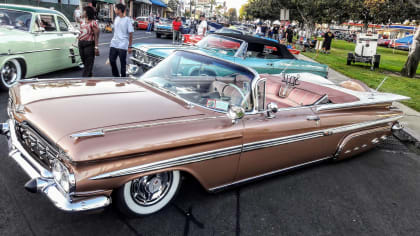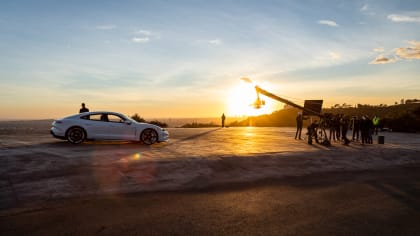THE FLYING CARS OF EXPO 2025

And other mobility machines at Expo 2025, running through October 13, 2025 in Osaka, Japan. The theme for this World Expo: Designing Future Society for Our Lives.
Ever since Prague organized the first one in 1791, there have been world fairs or expos showcasing the state of the art in modern society. The World Expo, as we know it today, has been regulated by the Paris-based Bureau International des Expositions (BIE) since 1928.
By Roy Nakano
Sat, Apr 26, 2025 06:00 AM PST
Featured image above: EXPO 2025 in Osaka has numerous attractions providing a glimpse into the future. The most spectacular may be the flying cars demonstrating vertical take-offs and landings in the middle of the fair (image courtesy of SkyDive)

During the next few years, there are two BIE-sanctioned expos in Japan. In addition to the World Expo in Osaka located in the Kansai region, a Horticultural Expo is planned in 2027 with a theme that’s become dear to the heart of many people in Japan: Scenery of the Future for Happiness. So, when designing a future society for our lives, Japan wants a future for happiness.
Why Happiness Counts
In the 2025 World Happiness Report, Japan ranked 55th out of 100 countries on a happiness scale. This is sobering news for a country that prides itself on a culture of kindness. But kindness can only go so far to offset long working hours, high social pressure, and the challenges that accompany an aging and declining population.

When it comes to working hours, it’s not unusual, and in some cases expected, for people to work more than the 40-hour legal limit in Japan. A demanding work culture factors into Japan’s low birth rate, as do a high cost of living, limited career prospects, a declining marriage rate and a preference for careers over family. The shrinking population not only translates to an aging population, it also has contributed to an estimated nine million empty homes—mostly concentrated in rural communities.
The peculiar upside of this housing surplus is that Japan doesn’t face the epidemic of homelessness that engulfs many other countries. But this alone doesn’t mitigate the factors that bear down on one’s happiness quotient.

With this backdrop, we have Expo 2025. The theme, Designing Future Society for Our Lives, is accompanied by three sub-themes: Saving Lives, Empowering Lives, and Connecting Lives. Expo 2025 spans 383 acres on Yumeshima Island in Osaka and is surrounded by a large, towering wooden structure (The Grand Ring by architect Sou Fujimoto) which is enclosed by thematic districts dedicated to the sub-themes: connecting, empowering, and saving lives.
The Flying Cars of Expo 2025
Mobility looms large within the themes of Expo 2025. The most spectacular forms of mobility showcased are the flying cars or vehicles (many resemble large drones more so than cars). Among the companies participating in this arena are SkyDrive, Marubeni Corporation, ANA Holdings, and a joint venture between Japan Airlines and Sumitomo Corporation.

The Advanced Air Mobility Station line moves quickly and features an immersive theater and video showcasing the Vertiport takeoff and landing site. Reservations provide a more personal, immersive experience simulating AAM flights, but you can get in without one. During my visit to Expo 2025, I didn’t see any demonstration flights being conducted, but Expo promoters assure this is part of the anticipated plan, with the following participants:
SkyDive – This Japanese start-up company is unveiling its SD-5 flying car. SkyDive initially considered offering rides to attendees, but couldn’t get the required permits to make it happen. SkyDive will be conducting demonstration flights.
Marubeni Corporation – Marubeni will be conducting demonstrations flights of two vertical take-off and landing (VTOL) vehicles: The HEXA, a one-person electice VTOL from U.S.-based Lift Aircraft, and the VX4, a four-passenger electric VTOL from the UK’s Vertical Aerospace.

ANA Holdings – This Japanese airline is partnered with Joby Aviation to showcase their flying vehicle.
Soracle Corporation – Japan Airlines (JAL) and Sumitomo Corporation formed this joint corporation to build electric vertical take-off and landing vehicles. However, it has reportedly withdrawn from participating in the flying car demonstrations at EXPO 2025.
Other Mobility Machinery at EXPO 2025
The mobility machinery on demonstration at EXPO 2025 is not limited to flying cars. Honda shows off its wheelchair of the future. Yamaha has self-balancing motorcycles on display and demonstration. Nissan has compact food trucks in use at fair. Daihatsu has single-person people movers available for attendees finding the walks from pavilion to pavilion challenging.

Japan’s first passenger hydrogen fuel cell ship is in operation, as are electric buses with autonomous driving capabilities and immersive demonstrations simulating the future of air mobility. Here’s how the organizers present the future of mobility at Expo 2025:
Self-Balancing Motorbike and Motor Scooter - Yamaha showcased and demonstrated its self-balancing MOTOROID2 motorbike and ELove motor scooter at the Robot and Mobility Station. Yamaha envisions a future without kickstands.
Wheelchair of the Future – Honda has its hands-free UNI-ONE futuristic wheelchair on display at the Robot and Mobility Station and on demonstration at the Honda Robotics booth at the Japan Pavilion. Users steer by shifting their center of gravity. Honda calls the UNI-ONE a personal mobility device and includes a virtual reality option to further enhance the entertainment experience.
Electric Buses (autonomous) – Electric buses are nothing new, but Expo 2025 is operating ones with Level 4 autonomous driving. Some will be in operation along designated routes inside and outside the Expo site.

Hydrogen Fuel Cell Technology – The Iwatani Corporation with have Japan's first passenger hydrogen fuel cell ship in operation. Named Mahoroba, the ship will transport visitors from Osaka city over to Yumeshima Island where Expo 2025 is located.
A Four-Legged All Terrain Robot Horse - The Kawasaki Group is exhibiting the CORLEO off-road personal vehicle. The COREO is more of a four-legged robot that one is meant to ride, much like one would ride a horse. The video demonstrations show people riding the COREO over all manner of rough terrain.
A Land, Sea and Air Smart Mobility System – The Kawasaki Group is also exhibiting the ALICE SYSTEM, a futuristic public transportation system proposed by the Kawasaki Group, which works with land, sea, and air mobility. Kawasaki is looking at the year 2050 before something like the ALICE SYSTEM becomes reality.

EXPO 2025 continues the long tradition of highlighting mobility at World Expo and World Fair events. Some of our senior readers may remember the 1964 New York World’s Fair is well-known for introducing the Ford Mustang. The Ford Motor Company made certain of that through its frequent commercials advertising the fact that its Mustang won the Tiffany Gold Medal for Excellence in American Design—the only car to be honored by Tiffany at the fair.
What Happens at Expo 2025 Likely Stays
Most of the World Expo structures are dismantled after closing of the fair, but there are notable exceptions, such as the Eiffel Tower built for the 1889 Exposition Universelle in Paris, and the Space Needle built for the 1962 Century 21 Exposition (commonly known in the US as the Seattle World’s Fair). Seattle’s monorail also remains from that fair. For Expo 2025, it is almost certain that the Grand Ring as well as many of the pavilion structures will remain, but repurposed, long after the fair ends.

EXPO 2030 is scheduled to be held in Riyadh, Saudi Arabia, but the next event sanctioned by the Bureau International des Expositions is the Horticultural Expo taking place in 2027 at Yokohama, Japan, with the theme: Scenery of the Future for Happiness. May more happiness bestow the country.
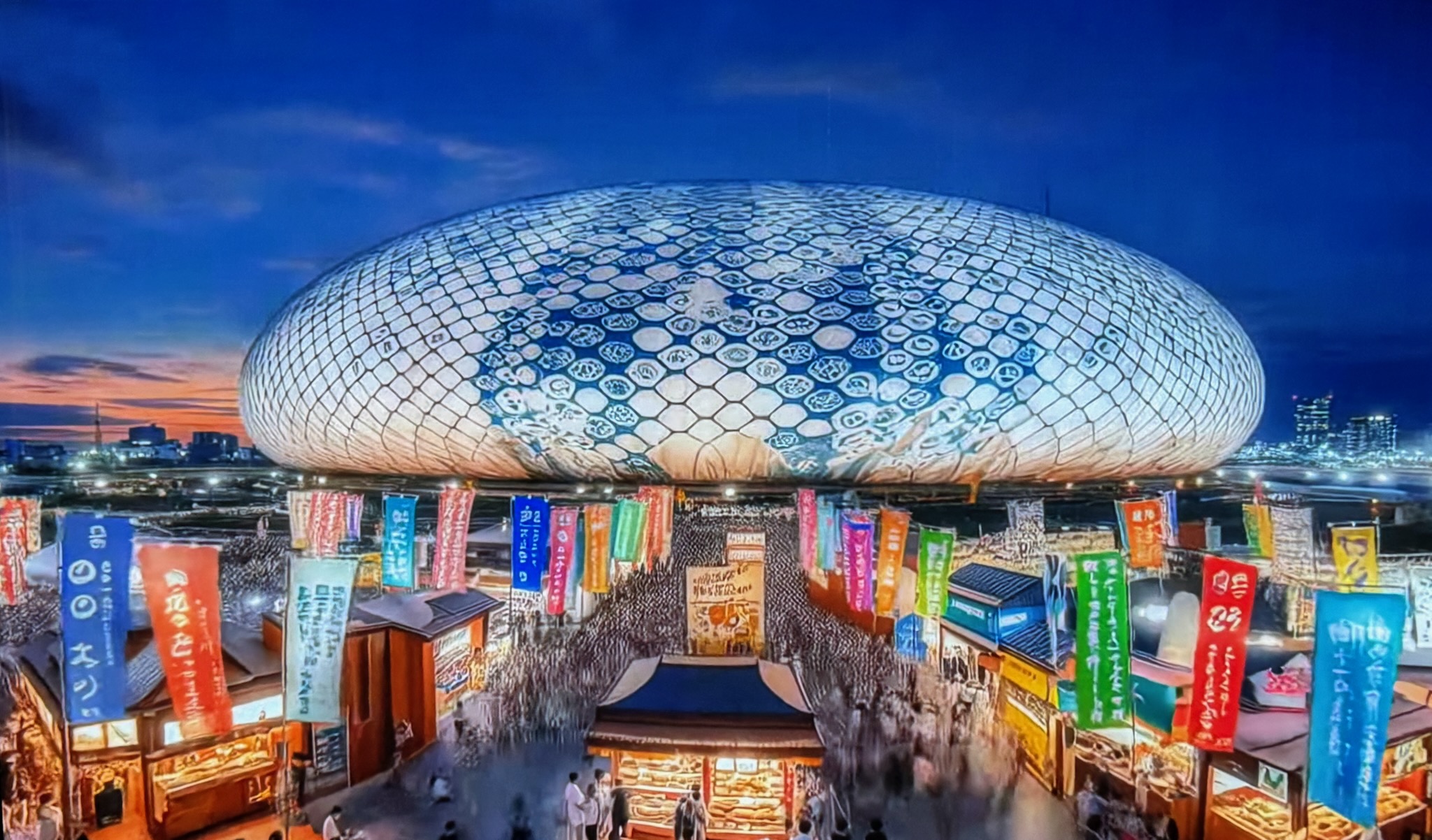
EXPO 2025 continues on through October 13, 2025. For more information, go to expo2025.or.jp/en/
When you order your ticket, consider making reservations for any events you want to partake in. It’s not required, but the lines will be shorter and your access will likely be a better experience.
About The Author
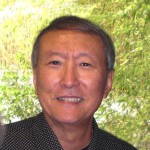
Roy Nakano gave birth to LACar in the late '90s, having previously delivered LA Audio File back in the '80s. Aside from the occasional review, Roy likes to stray off the beaten automotive path: "Six Degrees of Reparations" reflected on the regretful ethical paths taken by car companies throughout history. "Traveling Through the Past and Present of the Green Book" looked at businesses that took a stand against racism and the man that wrote the book on where to find them. "Best Cars to Drive in Rush Hour Traffic" was an LACar guide published in the pre-GPS era. "In Search of the First Datsun 510 Tuner" looked at one of the milestones in the origin of import tuners. And "Us vs Them" examines the instances when rivalry among automotive enthusiasts crossed the line to violence and even death.


